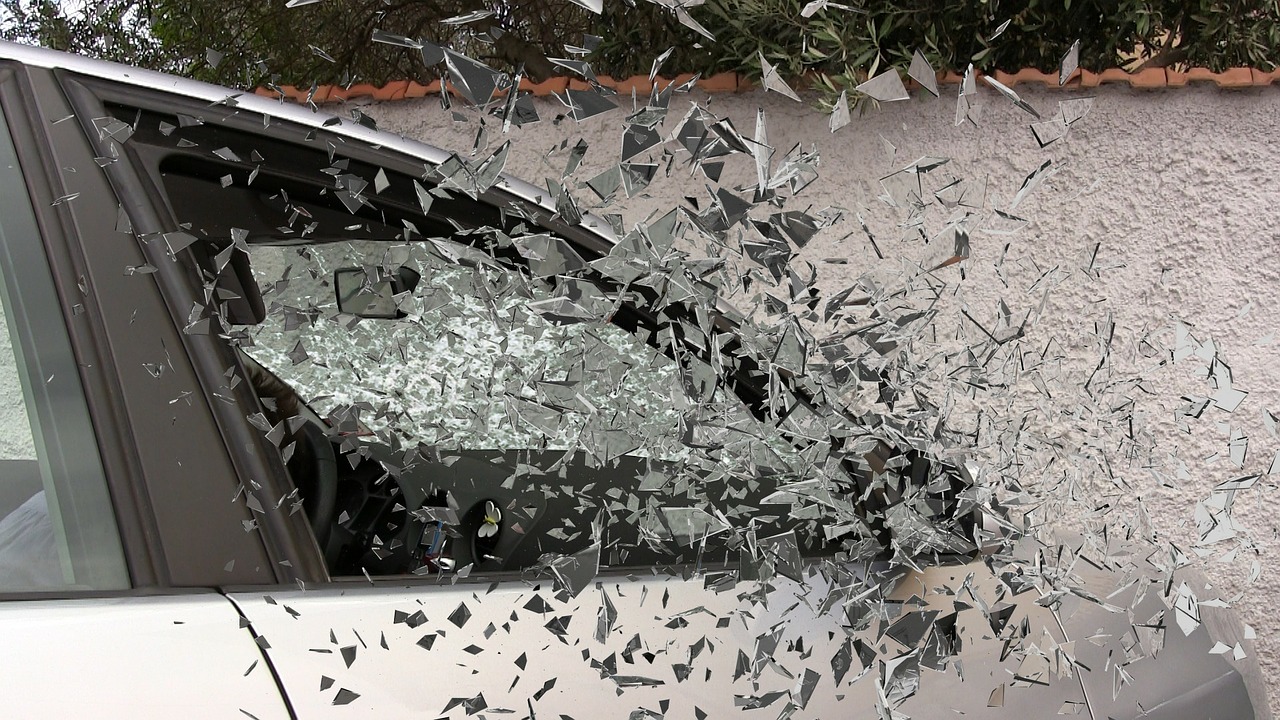Anyone who has ever taken out an insurance policy of any sort, but particularly an auto insurance policy, has likely heard the term subrogation at least once. It occurs frequently if there is any sort of medical care involved in the discussion.
While subrogation isn’t applicable to every case, any case involving personal injury will usually bring subrogation into play as well. This very specialized field of law is extensive and complex, and thus impossible to delve too deep into here in a blog, but we can offer examples of subrogation and why it is important for policy holders to understand where subrogation fits into their coverage.
Subrogation is a legal term that refers to the idea that someone should not be unjustly enriched by virtue of the outcome of their lawsuit as compared to an insurance company that has paid medical bills on behalf of that person, and did not get repaid for the cost of the care.
Having A Personal Injury Plan
In order to illustrate the point, let’s say a motorist is injured in a car accident that was the fault of a second, negligent driver, and incurs $5000 worth of medical debt as a result their injuries. That medical debt will be paid by the driver’s individual personal injury plan, also known as a PIP, or by way of the driver’s ostensible health insurance.
If the driver, after having had their $5000 in medical costs paid for by insurance, then receives an additional $5000 in compensation by way of successful litigation, the driver is then said to have received double recovery.
Double recovery implies that you have been unjustly enriched, and there is usually a clause in your policy that is then triggered and dictates that under those circumstances, you must pay them back.
Advantages Of Having A Personal Injury Lawyer On Your Side
One of the major advantages of having a personal injury lawyer is that they can negotiate down the amount the insurance company recovers, usually down to about a third, which is effect increases the amount of compensation you receive.
By way of comparison, if a motorist, by way of their own fault, drives into a telephone pole and incurs $5000 worth of medical care, because there is no one else at fault, there will be no additional payment and thus no subrogation.
In this short video, James Lambka talks about subrogation in detail – be sure to check it out if you need to know more about the concept of subrogation and how it applies to you.



0 Comments